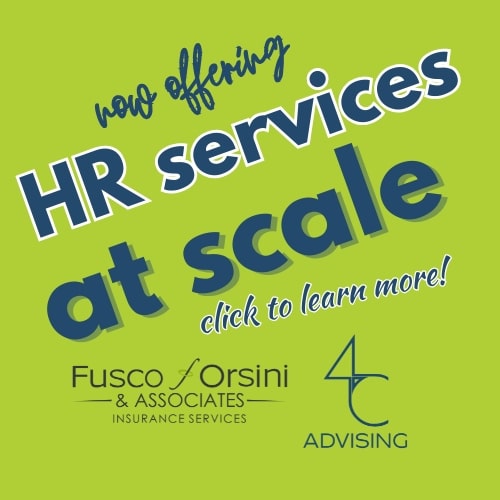


Previously, the Contractors State License Board (CSLB) only required C-39 roofing contractors with or without employees to carry workers’ comp insurance.
As of January 1, 2023, this requirement changed to include the additional licensed contractors regardless of whether they have employees.
I am going to discuss the new law, and challenges and opportunities for those who are newly seeking workers’ compensation insurance in California.
The new requirement comes from Senate Bill 216, which Governor Newsom signed into law in September 2022. Senate Bill 216 requires the following licensees to carry workers’ compensation with or without employees.
C-8 (Concrete)
C-20 (Warm-Air Heating, Ventilating, and Air-Conditioning)
C-22 (Asbestos Abatement), and
D-49 (Tree Service)
This means that if C-8, C-20, C-22, and D-49 contractors have CSLB license renewals between January 1, 2023, and June 30, 2023, then the CSLB will not renew their license without proof of workers’ comp coverage.
If those licensed contractors have renewal dates after June 30, 2023, they must file proof of workers’ comp insurance with The California CSLB by July 1, 2023.
And this is just part of it.
The second part of the bill (Senate Bill 216) states that ALL licensed contractors, with or without employees, must have workers’ comp insurance by January 1, 2026.
The CSLB says this change is meant to protect the public and create a more level playing field for contractors abiding by the existing workers’ comp laws.
A contractor’s license status can be verified on the CSLB website, which also shows if the contractor has workers’ comp insurance.
ARE YOU NEW TO WORKERS’ COMPENSATION?
Many of you watching this video may have little to no experience with workers’ compensation insurance. You may be thinking: how complicated can it be? I have no employees, so I expect an inexpensive policy without much maintenance.
You might also believe that the work comp provider collects premiums without exposure. The term ‘ghost policy’ is widely used in our industry for zero payroll workers’ compensation policies.
But with a ghost policy comes essential considerations from the insurance company issuing coverage.
Also, for policyholders purchasing ghost policies, there are some crucial facts that you must understand before starting coverage.
Let’s start by considering the impact of this law on insurance companies.
INSURANCE COMPANY CONSIDERATIONS
Although the new work comp law may seem like guaranteed profits for workers’ compensation insurers, there are many risks when writing ghost policies.
The marketplace for zero payroll work comp policies is tight in California for reasons you may not consider.
Firstly, the definition of an employee isn’t clear regarding workers’ compensation law. In summary, a contractor has exposure to a work-related injury or illness regardless of how they classify or pay a worker.
Remember that, in many cases, an ‘independent contractor’ has rights under the workers’ compensation policy if they sustain injury or illness while hired by the policyholder. Business owners often get confused in believing that paying a worker a ‘1099’ absolves them of liability for work-related injury or illness. But this is far from the truth.
The same goes for subcontractors. When hiring subs, the prime contractor must collect in-force workers’ compensation insurance certificates to ensure protection for the sub’s employees. If not, the work comp provider of the prime contractor is responsible for injuries or illness, thus adding exposure to the insurance company.
These are two examples of why insurance providers conduct final audits on all work comp policies.
THINGS TO KEEP IN MIND AS THE POLICYHOLDER
If you’re a C-8, C-20, C-22, or D-49 licensed contractor, you will soon need to purchase workers’ compensation insurance. Here are some tips to consider when getting started:
WHAT CAN WE DO FOR YOU?
Most importantly, at Fusco Orsini & Associates, we understand the risk associated with workers’ compensation and employers’ liability and know how to protect our clients best. We also keep our clients updated and informed on work comp law and how to best prepare for the final audit.
Finally, we have unique offerings for ghost policies for those contractors without any exposure. Give us a call at 858-384-1506, and we can discuss your options.